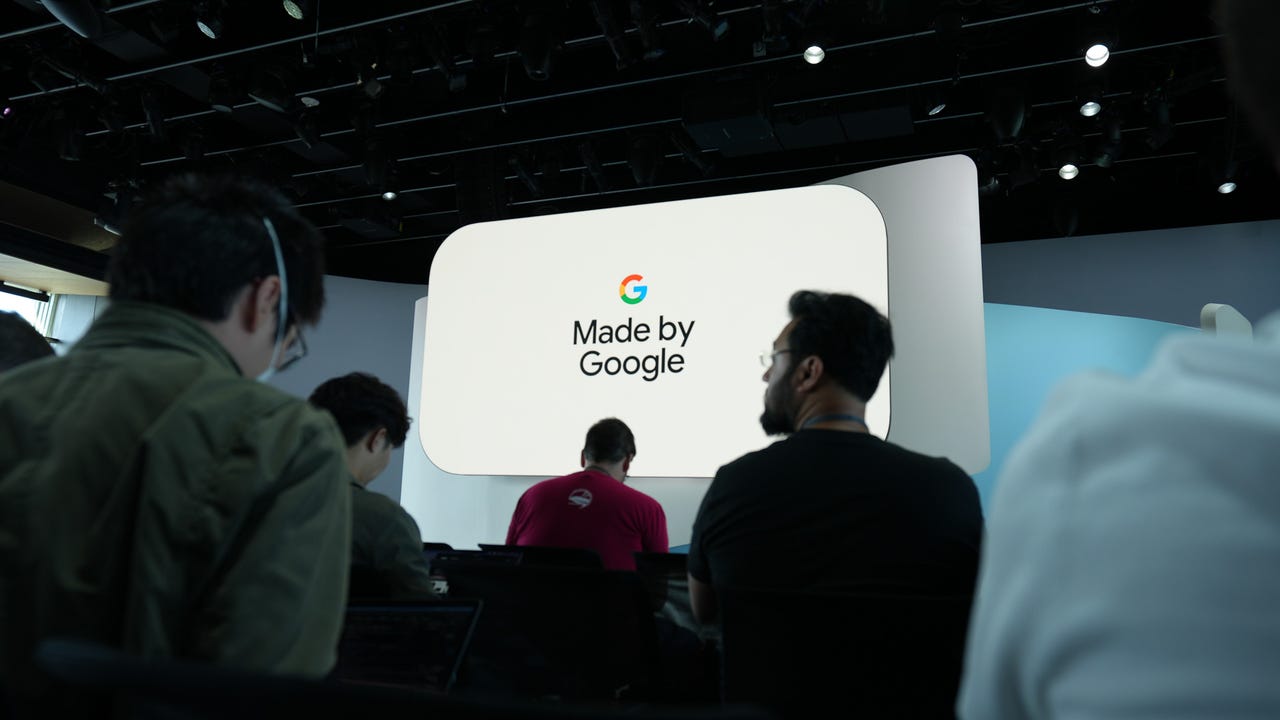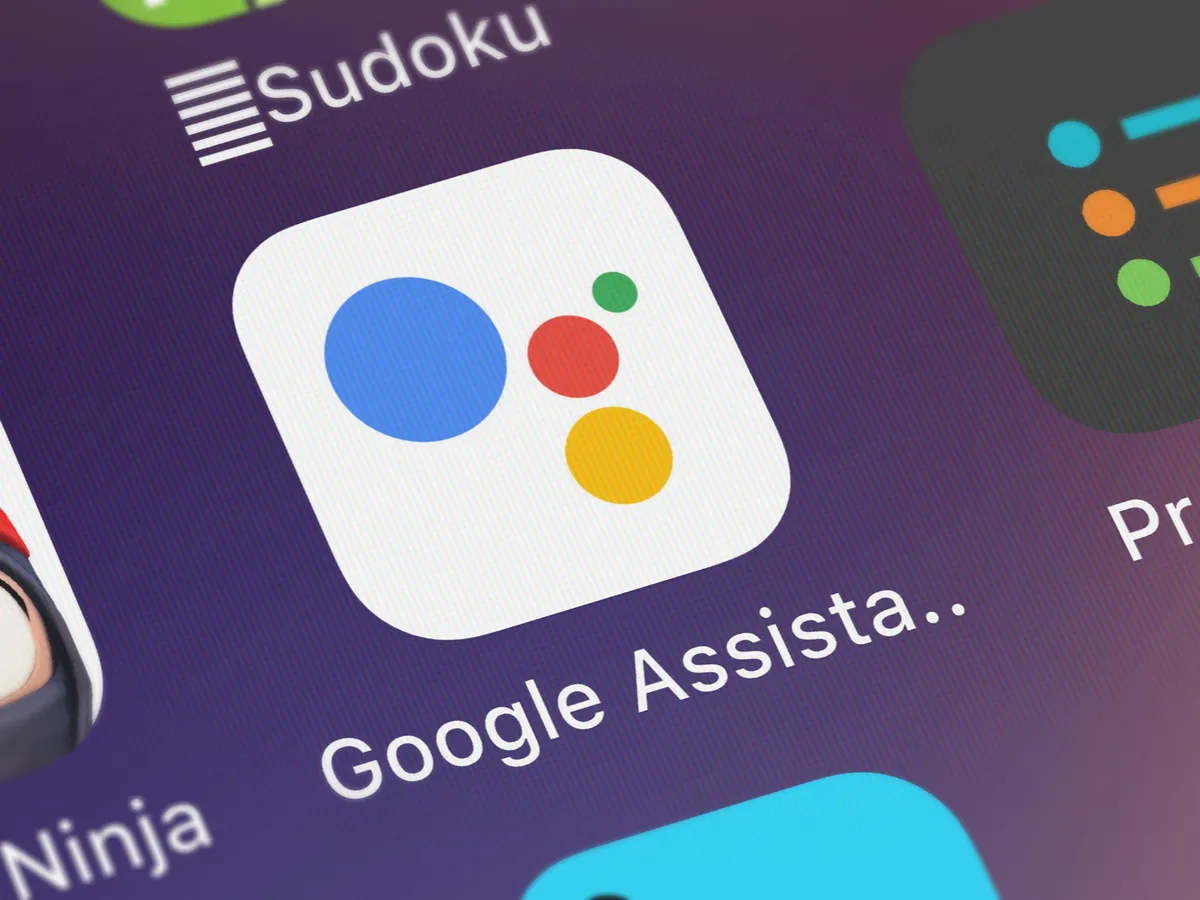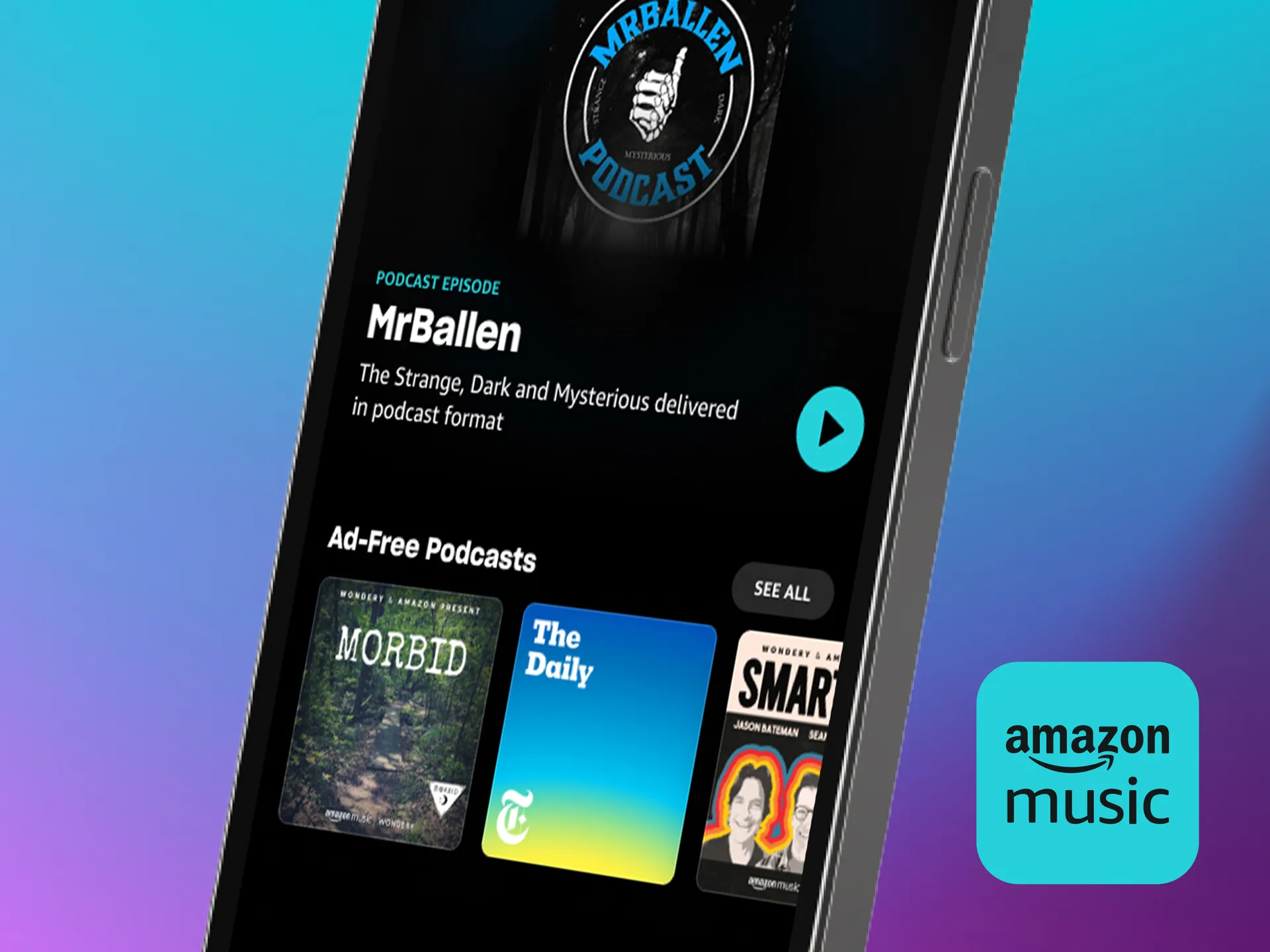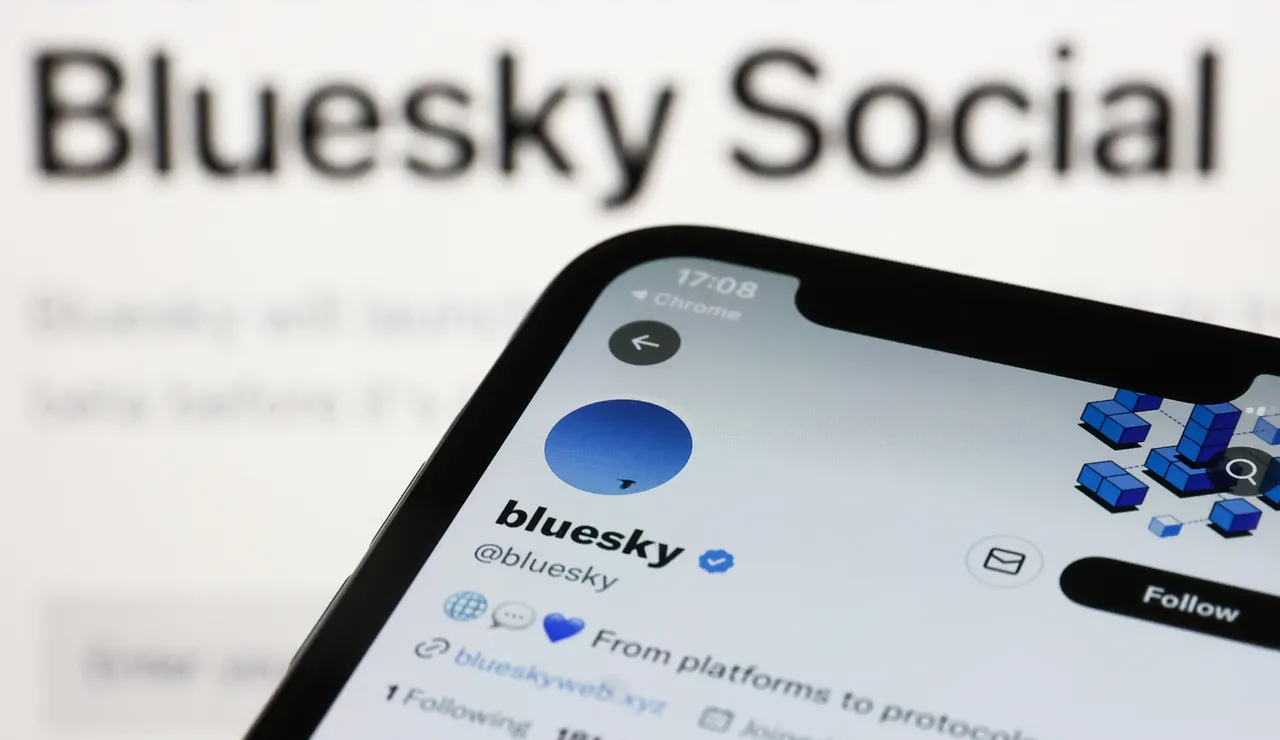Google Assistant is set to continue enhancing automation and user experiences, with the company confirming its ongoing presence, particularly for Home/Nest devices
For more than a year, the future of Google Assistant has been uncertain. The software, once a crowning achievement of Google, was essential to the company’s mobile and smart home strategies. Google distributed Home Mini speakers half a decade ago to expand its ecosystem.
However, the company announced on Tuesday that Assistant is remaining in place, at least on the Home/Nest side of the divide, in anticipation of the Made by Google 2024 event next week.

The pandemic resulted in a significant increase in the time that individuals were required to spend at home, greatly benefiting Assistant and Alexa. However, both Google and Alexa have slowed down in recent years.
It is an exaggeration to assert that the smart home is extinct, as numerous individuals have done. Many Americans possess smart home devices; briefly examine your community to determine the number of doorbell cameras you can identify.
Nevertheless, the smart home’s promise was never limited to one or two connected devices per residence. It was a connected home ecosystem that was completely automated.
There are numerous reasons why the entire globe is not residing in fully automated smart homes. One of the primary differences between smart devices and their less sophisticated counterparts is their cost.
Additionally, the landscape has been fragmented for most of its existence as device manufacturers have promoted their ecosystems and applications. Consumers who were initially captivated by the hype cycle may be irreparably damaged by adverse experiences.
The assistants who are the focal point of these performances have encountered their challenges. Microsoft’s Cortana and Samsung’s Bixby were discontinued. Apple itself appeared to cease promoting Siri.
The last iteration of intelligent assistants appeared antiquated due to the sudden proliferation of generative AI platforms such as ChatGPT.
Earlier this year, Google allowed beta users to choose to make its GenAI platform Gemini the default assistant on their Pixel devices. Although Gemini and its apparent propensity for applying glue to pizza were not yet prepared to replace Assistant entirely, the days of its predecessor were presumably numbered.
The imminent arrival of new Pixel devices may limit the Assistant’s tenure on Android.
However, it continues to be featured on the homepage. Google has announced that Assistant will remain a part of its Home ecosystem, powered by Gemini models, and release a new Learning Thermostat and a streaming set-top box.
The precise function of Gemini in supporting Assistant is likely to remain unclear; however, the most apparent application is natural language.
Assistant, Alexa, and their peers have encountered difficulties in conducting conversations for an extended period. The majority of interactions consist of solitary inquiries. This is an area in which generative AI performs exceptionally well.
“You are not required to formulate your inquiry in a particular manner; instead, ask it in a manner that is most comfortable for you,” Google states.
“For instance, inquire whether Pluto is a planet and then delve deeper into the possibility that they may reconsider.” I am unable to determine the identity of that song. Query Google with the question, “What is the iconic basketball theme song?”
Alternatively, the Assistant can leverage Gemini’s generative capabilities to engage in a playful conversation with a family member, such as “Assist me in arguing that Crocs are incredibly cool, and please mention sport mode.”
Nest Aware subscribers will receive those enhancements as part of a public preview later this year.
The capacity to summarize information is another evident application of Gemini, a feature at the core of Google’s initiative to integrate generative AI into its search offerings.
The decision to maintain the name “Google Assistant” or to adopt the name “Gemini” universally is primarily a matter of branding. Apple recently updated Siri with the assistance of its new Apple Assistant models, which AI propels.
Google appears to be on the brink of doing the same in the connected home.



